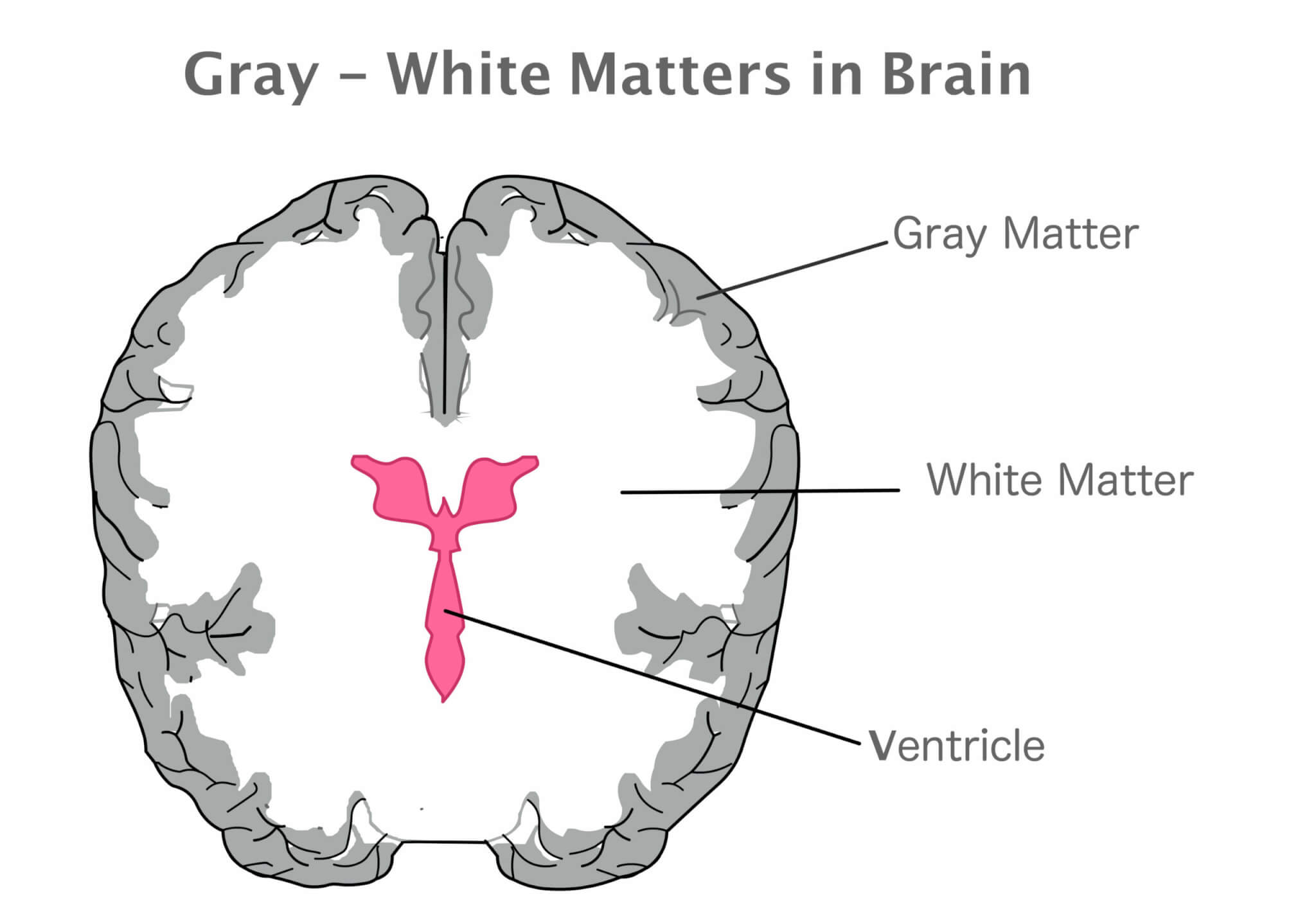SANTA MONICA, Calif. — As few as 4,000 steps a day can maintain brain health and help prevent Alzheimer’s disease, a new study suggests. Researchers in the U.S. and Canada explain that simple exercises enhance critical brain regions involved in memory and learning, thereby reducing the risk of dementia.
Individuals who regularly engaged in walking, running, or playing sports exhibited increased brain volume in these crucial areas. This finding is part of a broader investigation by the Pacific Neuroscience Institute’s Brain Health Center.
In their study, scientists examined the brains of over 10,000 individuals using MRI scans. They discovered that those who exercised regularly had more pronounced gray matter, which is essential for processing information, and white matter, which connects various brain regions. Additionally, the hippocampus, a key area for memory, was also more prominent in individuals who exercised.

“We found that even moderate levels of physical activity, such as taking fewer than 4,000 steps a day, can have a positive effect on brain health. This is much less than the often-suggested 10,000 steps, making it a more achievable goal for many people,” says David Merrill, M.D., the study’s co-author and director of the PBHC, in a media release.
“Our research supports earlier studies that show being physically active is good for your brain. Exercise not only lowers the risk of dementia but also helps in maintaining brain size, which is crucial as we age,” adds Cyrus A. Raji, M.D., the study’s lead researcher.
“Our research links regular physical activity to larger brain volumes, suggesting neuroprotective benefits. This large sample study furthers our understanding of lifestyle factors in brain health and dementia prevention,” notes study co-author Somayeh Meysami, M.D., an assistant professor of neurosciences at Saint John’s Cancer Institute and the Pacific Brain Health Center.
In 2020, a Lancet Study found about a dozen modifiable risk factors increase risk for Alzheimer’s disease, including physical activity. This work builds upon previous work by this group, linking caloric burn from leisure activities to improved brain structure.
“This study demonstrates the influence of exercise on brain health imaging and when added to other studies on the role of diet, stress reduction and social connection offer the proven benefits of drug-free modifiable factors in substantially reducing Alzheimer’s disease,” concludes George Perry, Editor-in-Chief of the Journal of Alzheimer’s Disease. “Whether it’s a daily walk or a favorite sport, regular physical activity can have lasting benefits for our brain health.”
The study is published in the Journal of Alzheimer’s Disease.
You might also be interested in:
- An extra 1,865 steps could keep older women from developing dementia
- Having surgery? Taking 7,500 steps beforehand significantly lowers risk of complications
- Forget 10,000, just 4,000 steps a day linked to a longer life
South West News Service writer Jim Leffman contributed to this report.


Exercise and reducing sugar is the best things we can do to avoid mental decline. I had a 13 year goodbye with my adoptive mom, and those two things are what I believe did her in. She exercised her mind daily, but that was not enough without exercising her body and reducing carbs. She was a baker and very overweight. I am taking steps literally and figuratively to reduce my risk. That’s not the way I want to end my life, nor the burden I want to put on my husband and adult child.
I am 101 and I still lift weights and walk several miles a day. You wouldn’t know I’m a day over 70! My Dr thinks I’m on track to become a record holder since all my organs still work great.
For those that wonder, my diet is 90% beef, cheese, and eggs! I rarely eat anything else. When I was young I read that is how marilyn Monroe ate and I thought, if this bird looked like such a cookie on that diet, maybe it’ll work for me too. I’ve eaten this way my whole life.
eat meat, walk, lift weights. you will be invincible!
This article is BS! My father is 84 and has had Alzheimer’s for 3 years now. He was a star runner in HS and never stopped. He jogged 2-3x a week for life and even ran 4 marathons. He also did the crossword in the paper every night for 40 years to keep his mind sharp.
This article is garbage.
Covid 19 and Mass shootings are Fake. See the proof at CVHOAX cm